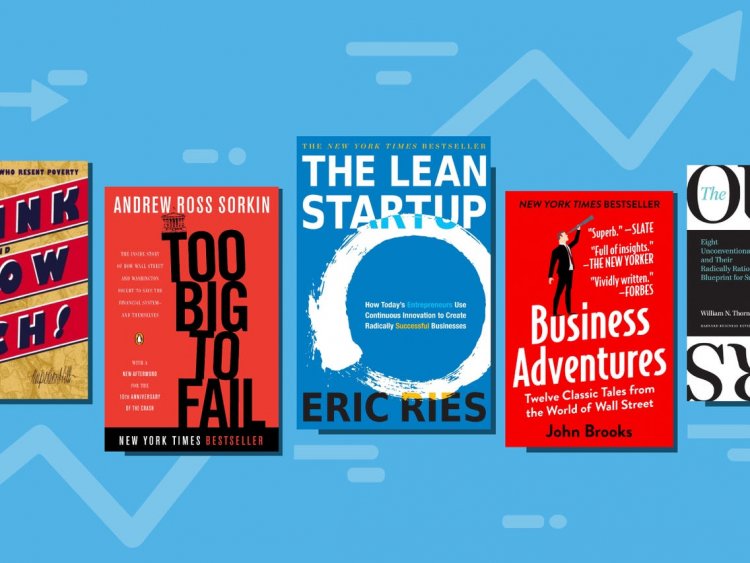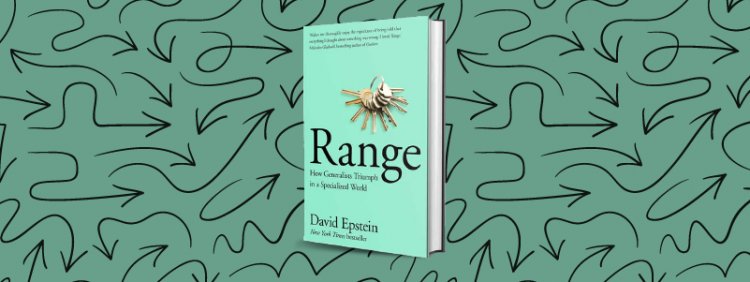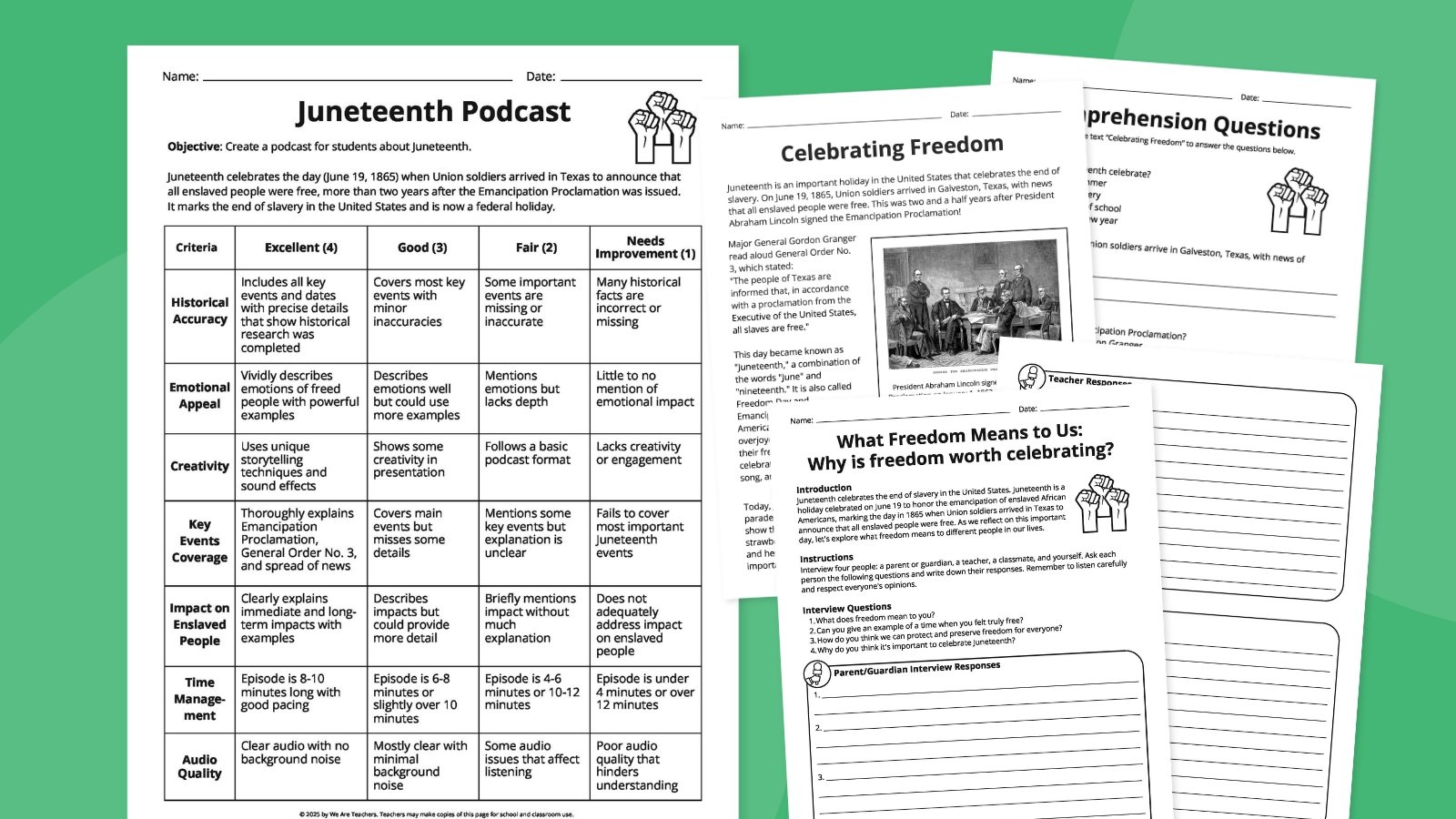We need more Rogers
Just before COVID-19 hit, I was paired with Roger Federer in a tournament to benefit children’s education in Africa. When I watch Roger play, I’m in awe. As the late novelist David Foster Wallace wrote, he is “one of those rare, preternatural athletes who appear to be exempt, at least in part, from certain physical laws.”

Just before COVID-19 hit, I was paired with Roger Federer in a tournament to benefit children’s education in Africa. When I watch Roger play, I’m in awe. As the late novelist David Foster Wallace wrote, he is “one of those rare, preternatural athletes who appear to be exempt, at least in part, from certain physical laws.”
Here’s the surprising part about Roger’s greatness: As a young kid, he didn’t focus on tennis and didn’t get fancy coaching or strength training. He played a wide range of different sports, including skateboarding, swimming, ping pong, soccer, and badminton. He didn’t start playing competitive tennis until he was a teenager. Even then, his parents discouraged him from taking it too seriously.
I learned this from reading a good, myth-debunking book called Range: Why Generalists Triumph in a Specialized World. The sports journalist David Epstein uses Roger’s experience as his opening example of the underappreciated benefits of delaying specialization and accumulating a breadth of different experiences. “In a world that increasingly incentivizes, even demands, hyperspecialization,” he writes, “we … need more Rogers: people who start broad and embrace diverse experiences and perspectives while they progress.”
Epstein, whom I learned about from his fantastic 2014 TED talk on sports performance, acknowledges that there are certain pursuits, like golf and classical music, where it does make sense to go all in as early as possible. But these are outliers, because they’re rooted in repetitive patterns and clearly defined solutions. “The world is not golf, and most of it isn’t even tennis,” Epstein writes. Instead, the world is like a game where “you can see the players on the court with balls and rackets, but nobody has shared the rules. It is up to you to derive them, and they are subject to change without notice.”
My own career fits the generalist model pretty well. As a kid, I used to sneak out of my basement bedroom to do late-night coding at the University of Washington, but my passion for computers was always mixed with many other interests. I spent a lot of time reading books on a wide range of topics.
I believe that one of the key reasons Microsoft took off is because we thought more broadly than other startups of that era. We hired not just brilliant coders but people who had real breadth within their field and across domains. I discovered that these team members were the most curious and had the deepest mental models.
Epstein provides a good framework for understanding why polymaths are so important for innovation. “In kind environments, where the goal is to re-create prior performance with as little deviation as possible, teams of specialists work superbly.” That’s why if I had to get surgery, I’d seek out a subspecialist who had a lot of experience with whatever procedure I needed. But when it’s a “wicked environment,” your job is not to repeat a complex procedure. By definition, it’s to do something that no one has done before. Epstein reports that when researchers study great innovators, they find “systems thinkers” with an “ability to connect disparate pieces of information from many different sources” and who “read more (and more broadly) than other technologists.” Theatrical innovator Lin-Manuel Miranda calls this having “a lot of apps open” in one’s brain at the same time. I like that image.

Epstein finds that there’s another good reason to encourage range: “In a wicked world, relying upon expertise from a single domain … can be disastrous.” Chapter 10 (“Fooled by Expertise”) is dedicated to showing how hyperspecialists are susceptible to tunnel vision. For example, he cites a study of 284 top experts on Soviet and Russian affairs. This 20-year study found that, on average, the so-called experts “were bad at short-term forecasting, bad at long-term forecasting, and bad at forecasting in every domain…. [They were] roughly as accurate as a dart-throwing chimpanzee.” But there was one subgroup that turned out to be much more accurate. These were experts “who were not vested in a single approach,” “chose to look at new evidence, whether or not it agreed with their current beliefs,” and “were much more likely to adjust their ideas … when an outcome took them by surprise.”
Epstein offers up Charles Darwin as the ultimate example of someone whose breadth made it possible for him to remain open-minded and innovative. Before Darwin got aboard the HMS Beagle and sailed to the Galapagos, he had trained not only in natural history but also medicine, theology, philosophy, and geology. This cross-training helped him build the intellectual muscles he would need to overturn centuries of dogma. “He made a point of copying into his notes any fact or observation he encountered that ran contrary to a theory he was working on,” Epstein writes. “He relentlessly attacked his own ideas, dispensing with one model after another, until he arrived at a theory that fit the totality of the evidence.”
My only criticism of Range is that you could come away with the impression that Epstein, a generalist himself, is too critical of specialists. If you’re enthusiastic about a hyperspecialized field like molecular biology or quantum physics, go for it. Just give yourself some room to explore what your friends and colleagues in other fields are learning.









